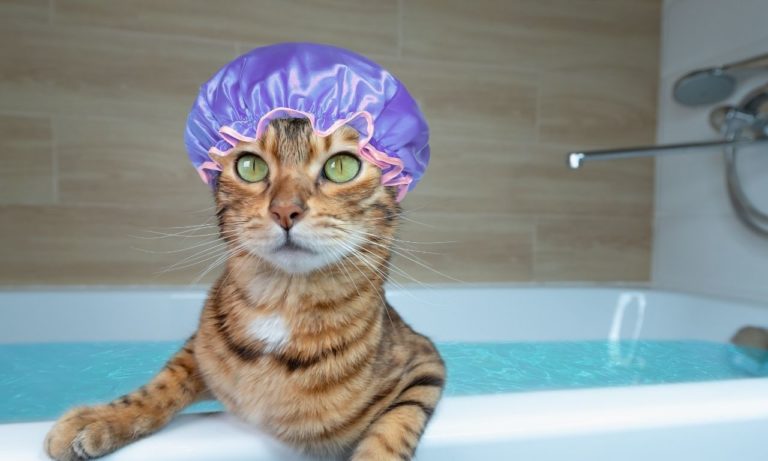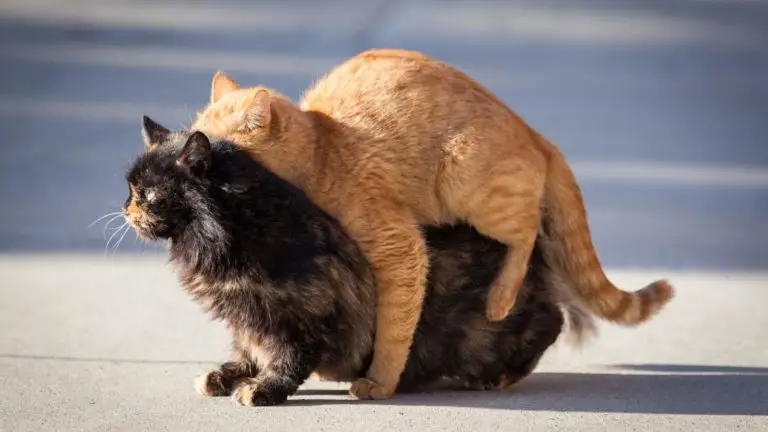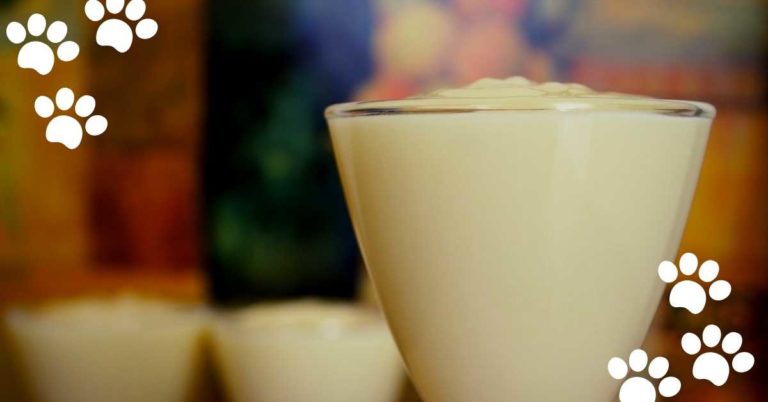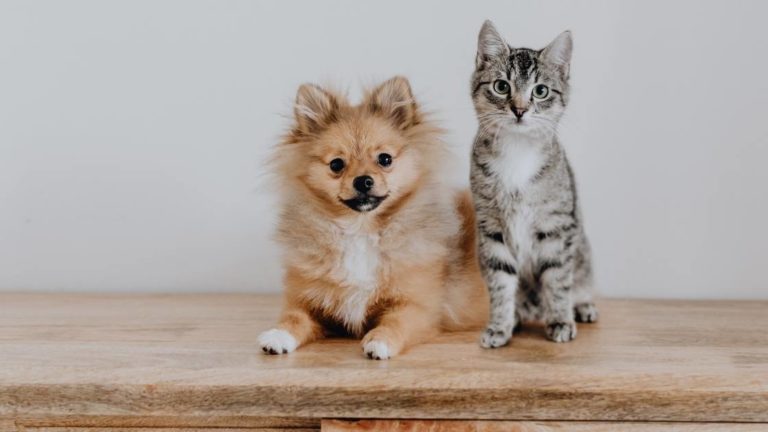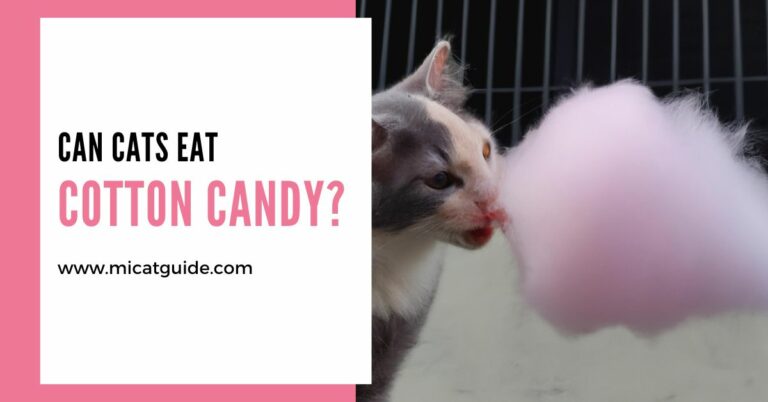Is Bamboo Toxic to Cats? Things You Should Know
No, bamboo is generally not toxic to cats, although there are some potential risks with eating the leaves of certain species. Even in those cases, it is usually only when a large amount of bamboo leaves are consumed that any adverse effects may be seen.
As long as your cat does not have access to large amounts of bamboo leaf material, it should be safe for them to be around. The risk of ingestion is very low since cats typically do not eat plants or greenery as part of their diet.
Here in this blog post, I’ll discuss some of the potential issues with bamboo, as well as provide tips on how to make sure your cat is safe around it.
Are Bamboo Plants Poisonous to Cats?

Bamboo plants are a popular decoration choice for many homeowners, but there is a lot of debate about whether they are poisonous to cats or not. In recent years, a number of studies have looked at this topic in order to gain a better understanding of the risks involved in keeping bamboo near cats.
One such study, conducted in 2014 by researchers from the University of Toronto, studied the effects that different varieties of bamboo have on cats when ingested. They found that some types of bamboo can be toxic to cats and cause vomiting and diarrhea if eaten. Other varieties did not seem to have any adverse effects on cats’ health. The researchers concluded that it is important for pet owners to be aware of the potential risks associated with different varieties of bamboo before introducing them into their homes.
Another study from 2015 looked specifically at Phyllostachys nigra, or black bamboo, which is a popular variety often used as an ornamental plant in outdoor gardens. Researchers found that this particular type of bamboo contains small amounts of oxalates, which can be toxic if too much is ingested. It is important to note that cats usually only ingest small amounts of oxalates through normal play and exploration and that poisoning cases are rare.
However, pet owners should still take extra precautions when it comes to having black bamboo near cats as there is always the potential for ingestion and subsequent poisoning. It is clear from these studies that while some types of bamboo can pose a risk to cats if ingested in large amounts, overall they do not pose any significant threat as long as pet owners take appropriate safety measures.
Also Read: Is Aloe Toxic to Cats? (Symptoms & Treatments)
Are Bamboo Leaves Safe for Cats to Eat?
While bamboo is generally not toxic to cats, it is still important to exercise caution when it comes to letting them eat the leaves.
Some varieties of bamboo, such as black bamboo, contain oxalates which can be very harmful if ingested in large amounts. It is also important to note that cats typically do not have a taste for plants and greenery, so it is unlikely that your cat will come into contact with large amounts of bamboo leaves.
If you do want to provide your cat with some greenery, it is best to stick to safe, edible plants like wheatgrass or alfalfa sprouts. These are much safer for cats than bamboo and can help keep them entertained without posing a risk of poisoning.
Some Non-toxic Plants With “Bamboo” in Their Name
Some plants have “bamboo” in their names, which can be confusing for cat owners trying to determine if the plant is safe or toxic for their cats.
Here I’ll discuss some of the non-toxic varieties with “bamboo” in their name, such as:
a. Golden Bambo (Bambusa Multiplex) – This plant is often used as an ornamental in landscapes and gardens, and is not known to be toxic to cats.
b. Weeping Bamboo (Pleioblastus Chinensis) – This type of bamboo can also be found in gardens and landscaped areas, and it is also not considered toxic to cats.
c. Dwarf Bamboo (Sasa Veitchii) – This type of plant is small and compact, making it an ideal choice for smaller gardens or indoor spaces. It is also not known to be toxic to cats.
d. Bamboo Palm (Chamaedorea Seifrizii) – A popular houseplant choice, this type of bamboo is also not known to be toxic to cats.
Some Toxic Plants With “Bamboo” in Their Name
Just like there are non-toxic varieties, there are also some plants with “bamboo” in their name that are toxic to cats. Here I’ll discuss some of the more common plants you should avoid:
a. Giant Bamboo (Phyllostachys spp.) – This type of bamboo contains oxalates and can be toxic if ingested by cats.
b. Heavenly Bamboo (Nandina Domestica) – This popular ornamental contains oxalates and can also be toxic to cats if ingested.
c. Lucky Bamboo (Dracaena Sanderiana) – Though not actually a bamboo, this type of plant is often confused for one and it does contain toxins that can be dangerous to cats.
These plants are all toxic to cats if ingested and symptoms of poisoning can include:
- Drooling
- Vomiting
- Lack of appetite
- Weakness or lethargy
- Diarrhea
- Muscle tremors
- Difficulty breathing
- Seizures
It is important to avoid exposing your cat to any of these plants if at all possible.
My Cat Has Eaten Bamboo Leaves, What Should I Do?
Bamboo leaves are generally not toxic to cats and most cats will not experience any ill effects after eating them.
However, if you are concerned that your cat has eaten a large amount of bamboo leaves, or if your cat is exhibiting any of the symptoms of poisoning mentioned above, contact your veterinarian right away.
Your vet can provide further advice and guidance on how to best care for your pet. Additionally, it is important to keep in mind that some types of bamboo plants (such as black bamboo) can be more toxic than others, so make sure to take appropriate safety measures if you keep any of these plants in your home.
How to Keep Your Cat Safe Around Bamboo Leaves?
Here I’ll discuss some simple steps you can take to ensure that your cat stays safe when exposed to bamboo leaves.
1. Avoid Planting Bamboo Leaves in Your Garden
As mentioned before, it is best to avoid planting bamboo leaves in your garden as they can be toxic to cats if ingested. If you do choose to keep bamboo leaves in your garden, make sure they are planted in an area that is out of reach of cats.
2. Keep Bamboo Leaves Out of Reach
If you have bamboo plants in your home, it is important to keep them out of reach of cats. This includes placing the plants on high shelves or in other areas that cats cannot access.
3. Store Bamboo Leaves Properly
If you plan to store bamboo leaves, make sure they are kept out of reach of cats and sealed in a container or bag. This will help to ensure that cats cannot accidentally ingest the leaves.
4. Monitor Your Cat
If you know that your cat is exposed to bamboo leaves, it is important to monitor them closely for any symptoms of poisoning. If you notice any unusual behavior in your pet, contact your veterinarian right away.
By following these simple steps, you can help ensure the safety of your cat around bamboo leaves.
My Final Thoughts
In summary, bamboo is generally considered to be safe for cats. However, it is important to exercise caution and ensure that your cat does not consume large amounts of the plant. Stick to safe edibles, like cat grass or wheatgrass, to ensure the health and safety of your pet.
Additionally, make sure that watch out for some bamboo-worded plants that may be toxic to cats. By following these tips, you can help to ensure that your cat will remain safe when around bamboo leaves.
Keep in mind that if your cat does show signs of poisoning after consuming bamboo leaves, contact your veterinarian right away.
Finally, if you are concerned about the safety of your cat, it is best to avoid allowing them access to these plants altogether.

